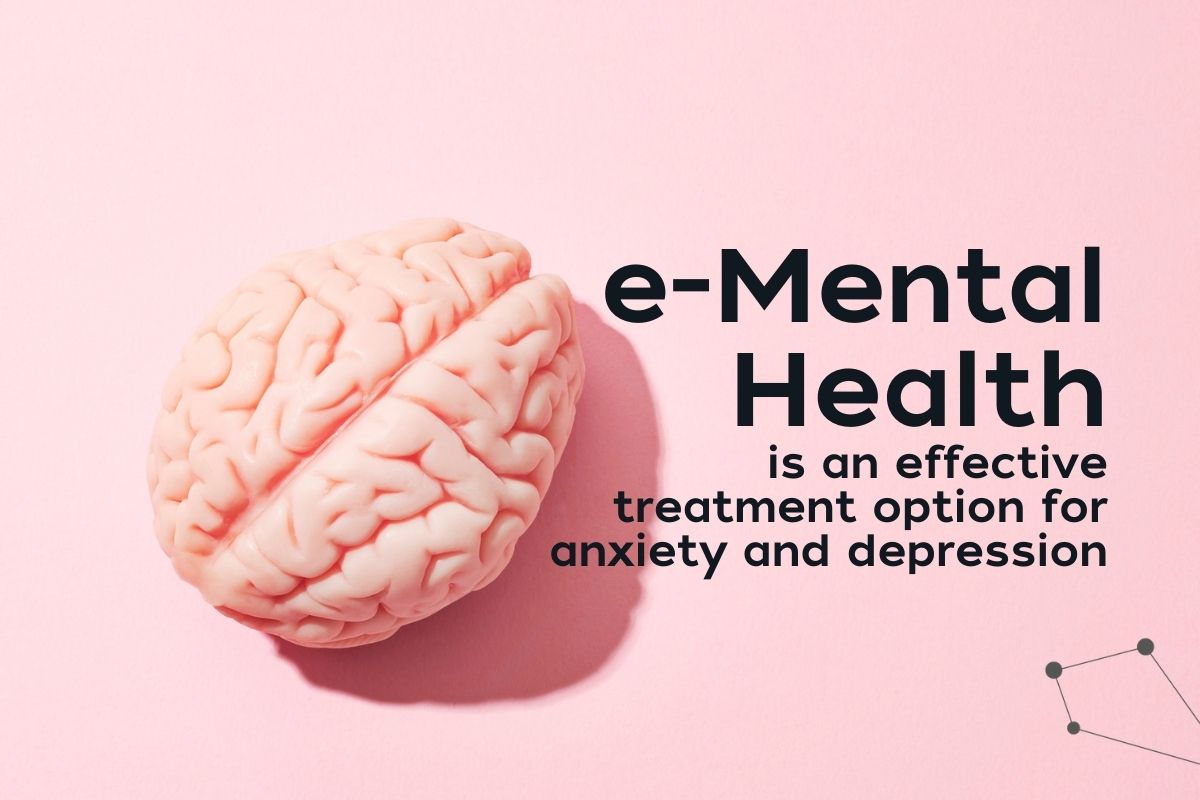
Online treatment for depression and anxiety offers accessible, effective options for those seeking help without the need for in-person visits. With licensed therapists and psychiatrists available through virtual platforms, people can receive therapy, medication management, and ongoing support from home. This approach provides flexible, secure, and timely care tailored to individual needs.
Many online programs combine counseling with medication and offer various formats, including video sessions, phone calls, and messaging. These services cater to different schedules and preferences, making mental health care more convenient and less stigmatized.
As mental health challenges continue to affect millions, understanding online treatment options is essential for those looking to manage symptoms safely and sustainably.
Benefits of Online Treatment for Depression and Anxiety
Online treatment offers practical advantages that support mental health care in ways traditional settings sometimes cannot. Alongside these approaches, some individuals also explore an NAD+ supplement to support cellular energy and overall well-being.
Accessibility and Convenience
Online treatment removes geographical barriers, allowing individuals in remote or underserved areas to connect with licensed therapists. This flexibility enables scheduling outside typical office hours, accommodating varied lifestyles and time zones.
Patients can receive therapy from home, eliminating travel costs and time. This is especially beneficial for those with mobility issues or severe symptoms that make leaving home challenging.
Platforms often include synchronous video sessions, phone calls, and asynchronous messaging, which cater to different communication preferences. This variety increases the likelihood that patients maintain consistent engagement with therapy.
Evidence-Based Approaches
Online therapy commonly uses cognitive-behavioral therapy (CBT), a technique proven effective for depression and anxiety. Studies show that CBT delivered through digital means can reduce symptoms similarly to in-person treatment.
Therapists also incorporate other validated methods, such as behavioral activation and mindfulness strategies. Treatment is customizable to address individual needs, often with the added benefit of digital tools that track progress.
Meta-analyses reinforce online therapy as a legitimate treatment, providing significant symptom improvements in generalized anxiety and depressive disorders across diverse populations.
Privacy and Confidentiality
Online platforms use encrypted video and messaging to protect patient information, maintaining confidentiality on par with in-person sessions. Many services comply with health privacy regulations like HIPAA.
Patients manage their environment, which can help them feel safer discussing sensitive issues. This control reduces exposure to stigma often linked with visiting a therapist’s office.
Clear consent and data usage policies inform patients about their rights and how their information is handled. This transparency builds trust in the online treatment process.
Choosing the Right Online Therapy Options
Selecting an online therapy service requires understanding the different treatment formats, knowing how to assess platforms, and applying strategies that enhance therapy outcomes. Clear criteria and practical actions help ensure patients find effective, accessible options.
Types of Online Therapies
Online therapy commonly involves video sessions, text-based messaging, and phone or voice calls. Video chat is the closest to in-person therapy, allowing real-time interaction and visual cues. Text messaging offers flexibility and privacy for those who prefer asynchronous communication.
Some platforms provide cognitive-behavioral therapy (CBT), medication management, or a combination. Services may include licensed therapists, psychiatrists, or counselors, with options for diagnosing conditions and prescribing treatments. Users should consider therapy style, communication method, and credentials before deciding.
How to Evaluate Therapy Platforms
Key factors to evaluate include licensing, cost, privacy policies, and treatment scope. Verify if providers are licensed in the user’s state or country for legal and ethical standards. Compare prices, including subscription fees and session costs, to ensure affordability.
Look for platforms offering medication management if needed, and check if crisis support is available. Read user reviews and expert assessments, focusing on responsiveness, technical reliability, and customer service. Transparency about therapist qualifications and platform security is essential.
Tips for Maximizing Treatment Success
Consistency is crucial; regular sessions improve progress. Users should set realistic goals with their therapist and openly communicate symptoms, challenges, and feedback. Engaging fully in homework or between-session exercises enhances therapy benefits.
Choosing a platform with flexible scheduling and user-friendly interfaces can reduce missed appointments. Privacy and comfort during sessions encourage openness. Combining therapy with lifestyle adjustments, like exercise and sleep hygiene, supports overall mental health.